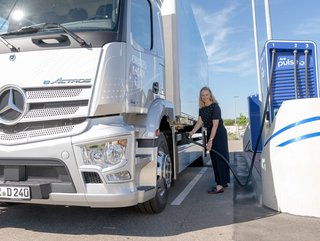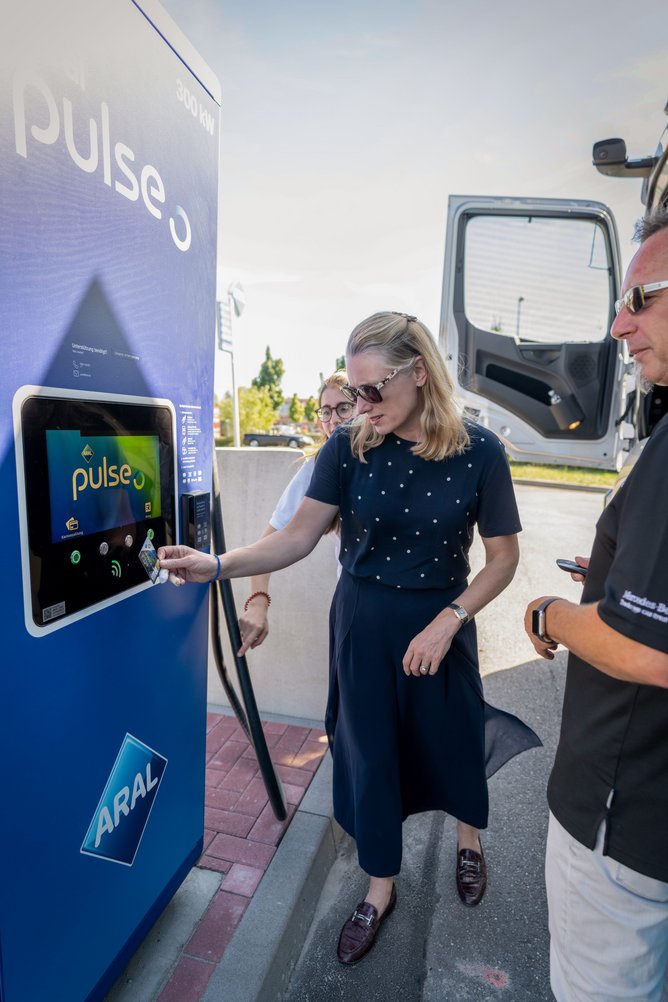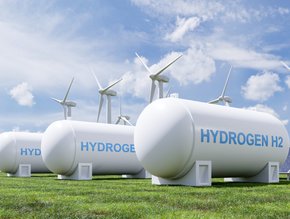bp opens first electric truck fast-charging facilities

bp has opened its first fast-charging facilities aimed at medium and heavy-duty electric trucks to support the decarbonisation of the transport sector.
Operated by bp’s Aral brand, the retail site at Schwegenheim in Rheinland-Pfalz, Germany now has two 300kw chargers intended for electric trucks, fully powered by renewable energy.
Situated on the major B9 road, the Schwegenheim site provides truck drivers with a convenient, safe, well-lit station where an electric truck capable of charging at 300kw could increase its remaining range by around 150-200km during a driver’s mandatory 45-minute break. Drivers have access to additional services such as food, drink and toilets.

Emma Delaney, executive vice president, customers & products, bp said with the transition to electric vehicles well underway in Europe, we’re now seeing the move towards electric trucks.
"Truck manufacturers and truck fleet operators are demanding low carbon alternative fuels and electrification is an attractive option," she said.
"Opening our first truck charging facilities at Schwegenheim is an important milestone for bp and the industry. Schwegenheim is a perfect example of what the industry needs – ultra-fast charging with safe charging bays for trucks, close to strategic road networks and a place where drivers can take a break and refresh with food and drinks”.
In 2021 around 1,000 battery electric trucks were sold in Germany. In Europe that number is expected to reach over 150,000 units by 2030 with the highest penetration in Germany, at 43%.
According to the IEA, tailpipe CO2 emissions have increased on average 2.2% annually since 2000.
Daimler Truck, who are based in Germany and one of the world’s largest commercial vehicle manufacturers, launched their battery-electric Mercedes-Benz eActros for heavy urban distribution in 2021.
The company has worked closely with bp to provide insights into the required layout, charging speeds, and convenience offers to provide truck drivers with the accessibility they need and a comfortable charging experience.
Kurt-Christoph von Knobelsdorff, CEO & Spokesman NOW, National Organization Hydrogen and Fuel Cell Technology, said: "Zero tailpipe emission trucks will be crucial if we are to reach our decarbonisation goals and to expand the charging infrastructure across Germany. This project is another milestone for the electrification of mobility in Germany and Europe."
bp is helping fleets accelerate their transition to low carbon through electrification, believing there are key transport corridors which will benefit from a network of EV charging.
The charging facilities at Schwegenheim add to Aral pulse’s growing network of ultra-fast chargers across the country. Aral pulse has over 850 ultra-fast charge points for cars and lighter commercial vehicles located at its retail stations.






